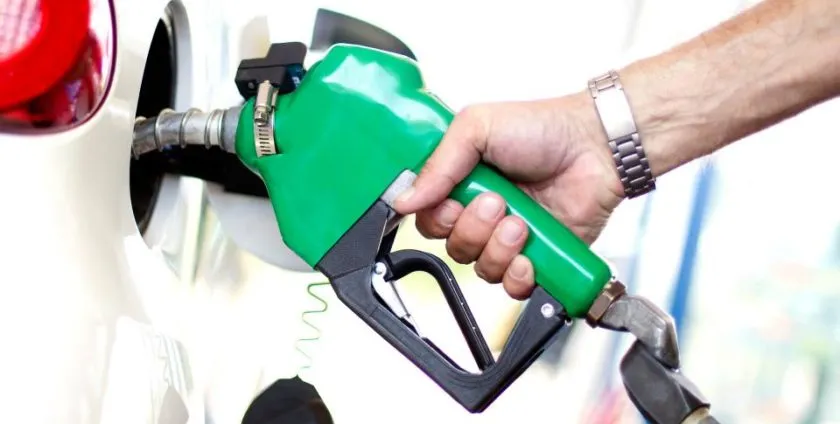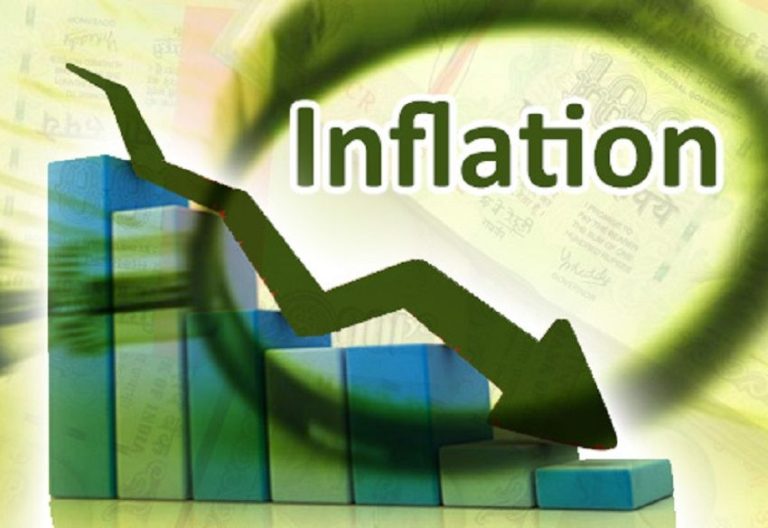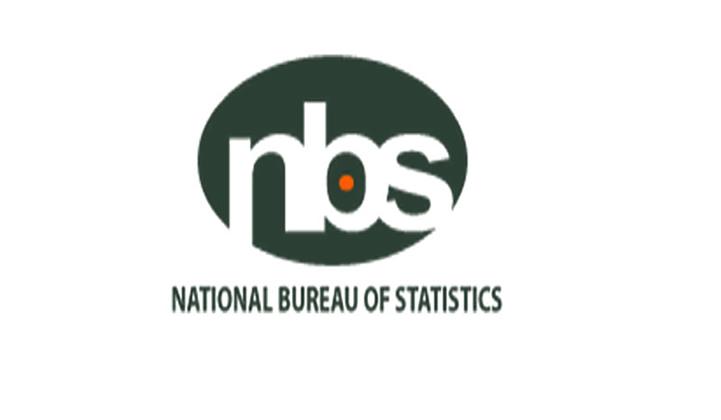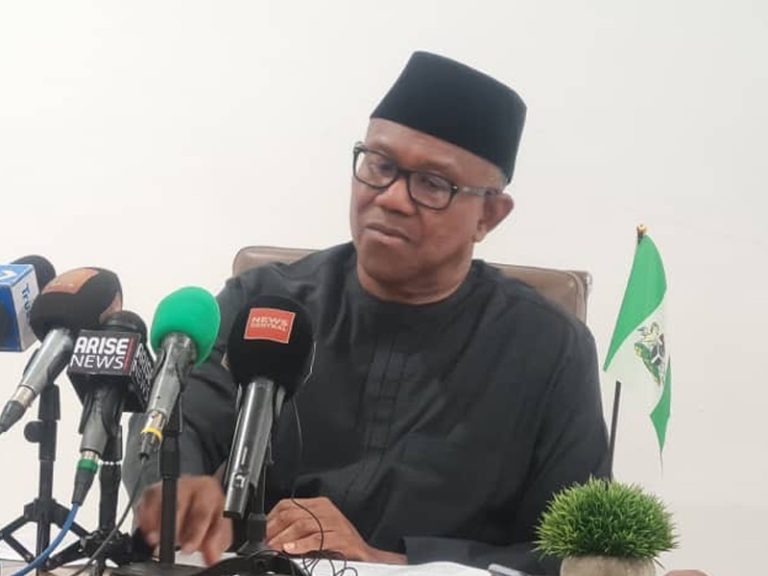
Ecuador’s President Daniel Noboa has made a bold and unexpected policy shift by announcing the complete removal of the country’s diesel subsidy, a move that could stir political tensions in a nation with a long history of fuel-related unrest.
Under a presidential decree signed on Friday, the price of diesel used in the automotive sector will rise sharply from $1.80 to $2.80 per gallon in a phased approach through early December. The government says the decision will free up roughly $1.1 billion, which it plans to reinvest in social welfare and agricultural development programs.
A new pricing formula is scheduled to take effect on December 12, according to officials.
Despite the steep price adjustment, the administration has assured citizens that the reform will not affect the cost of public transportation, seeking to preempt backlash from working-class commuters who often bear the brunt of such policies.
The Noboa government argues that the long-standing diesel subsidy has disproportionately benefited wealthier households and commercial sectors, deepening social inequality.
Still, the move is fraught with risk.
Similar subsidy cuts by previous Ecuadoran administrations notably those of Presidents Lenín Moreno and Guillermo Lasso triggered massive street protests, many of them organized by Conaie, the powerful Indigenous federation. Conaie’s mobilization efforts are widely credited with contributing to the downfall of three Ecuadoran presidents between 1997 and 2005.
So far, Conaie has not issued an official response to Noboa’s announcement.
The subsidy cut comes at a time when the country is facing mounting fiscal challenges, and President Noboa who came to office pledging bold reforms appears willing to take political risks to stabilize Ecuador’s economy.



